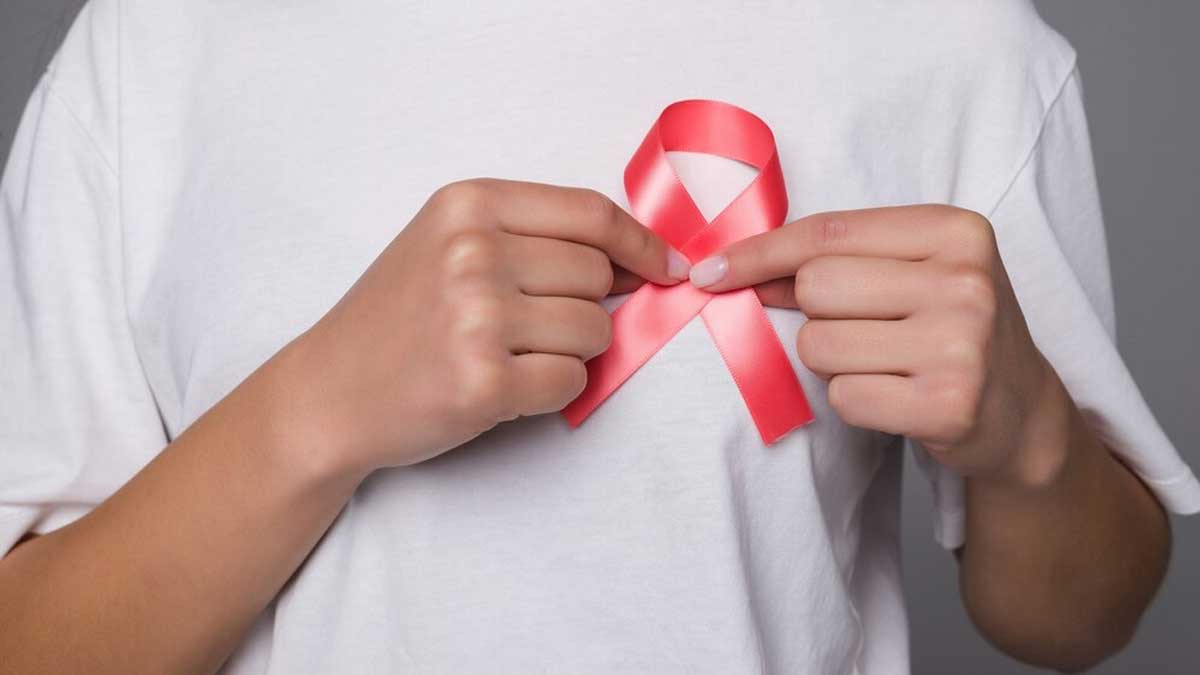
Breast Cancer affects 2.3 million women globally. In India, one woman is diagnosed with Breast Cancer every four minutes, leading to a mortality of 87,090 women in 2018, the second highest in the world for that year.
Table of Content:-
“Although Breast Cancer can have a high mortality rate, it is also treatable, especially if diagnosed early. This is why self-screening and diagnostic facilities like mammography are vital in helping women understand their Breast Cancer risk and take appropriate medical action. In many developing and under-developing countries, access to these facilities, coupled with a lack of awareness, leads to higher mortality and late diagnosis,” said Dr Anil Heroor, HOD & Senior Consultant-Surgical Oncology, Fortis Hospital, Kalyan.
Another cause of concern is the fact that today, many young women are getting diagnosed with Breast Cancer, especially in the later stages. In fact, according to a study by the All India Institute of Medical Science (AIIMS), 30% of Breast Cancer cases were found in women below the age of 40 years.
While this study might not represent the entire population, this is a worrying trend, as young women having Breast Cancer can create unique healthcare challenges and increase mortality.
Why Are Cases Of Breast Cancer Increasing, Particularly In Young Women
Dr Heroor said, “Certain uncontrollable risk factors like genetics can increase the chances of Breast Cancer; however, there is no doubt that most cases encountered today have more to do with lifestyle choices. Only five to ten per cent of Breast Cancer cases can be attributed to family history. This is why understanding how lifestyle choices can increase the risk of Breast Cancer is extremely important. As per Dr Heroor some of these risks include:
Drinking alcohol
According to studies, women who consume one drink every day have a small (about 7 -10%) increase in risk compared with those who don't drink, while women who have 2 to 3 drinks a day have almost a 20 per cent higher risk.
Also read: Dense Breasts Are A Risk Factor For Breast Cancer: What Do Dense Breasts Mean?
Obesity
Being overweight, particularly after menopause, can increase the risk of Breast Cancer. Before a woman hits menopause, her Ovaries produce most of the Oestrogen in her body, while fat tissues make up only a tiny part of the total amount. However, after menopause (when the Ovaries stop making Oestrogen), most Oestrogen is produced by the fat tissues. In other words, having more fat tissue, especially after menopause, can increase Oestrogen levels, raising the chances of getting Breast Cancer.

To avoid this, it is highly recommended that women maintain a healthy weight throughout their lives by eating a balanced meal, regular physical exercise, and sufficient water intake.
Late pregnancy and not having children
Women who do not have children or have their first child after 30 have a slightly higher Breast Cancer risk. This means multiple pregnancies reduce Breast Cancer risk, especially in the twenties. Still, the effect of pregnancy on Breast Cancer risk is complicated.

For instance, the risk of women getting Breast Cancer is higher in the first decade after giving birth, after which the risk begins to reduce.
Not breastfeeding
Most studies have shown that breastfeeding reduces the risk of Breast Cancer, especially for over a year or more. A possible explanation for this effect is that breastfeeding reduces a woman's total number of lifetime menstrual cycles, which directly impacts the Breast Cancer risk.
Also read: Breast Cancer Awareness Month: Understanding the Red Flags
How To Reduce Risk Factors Of Breast Cancer
Besides making proper healthy lifestyle choices, regular breast self-exams, preventive health checkups by a specialised doctor and yearly mammograms for women above 40 years are vital tools in Breast Cancer detection, especially early detection, when cancers may be more treatable with less chances of remissions in the future.
Also watch this video
How we keep this article up to date:
We work with experts and keep a close eye on the latest in health and wellness. Whenever there is a new research or helpful information, we update our articles with accurate and useful advice.
Current Version